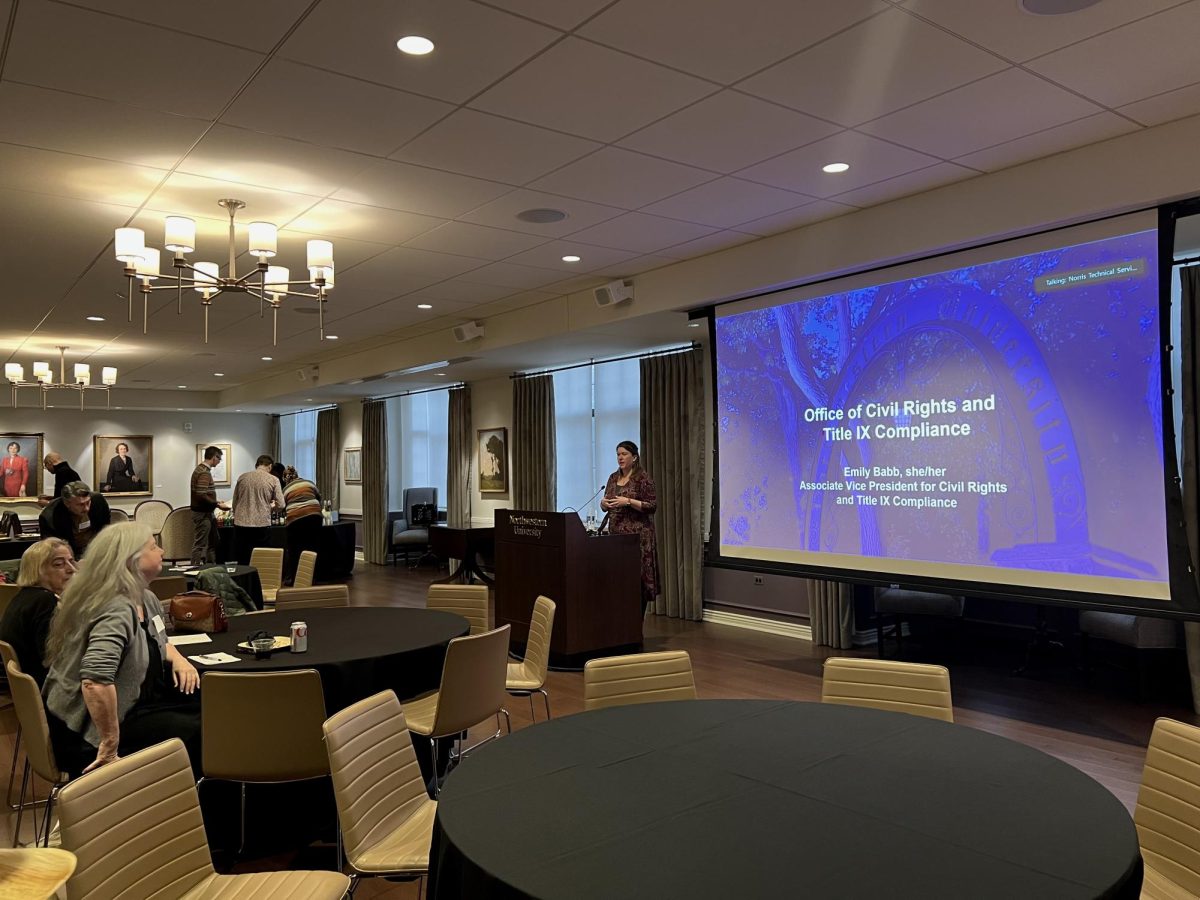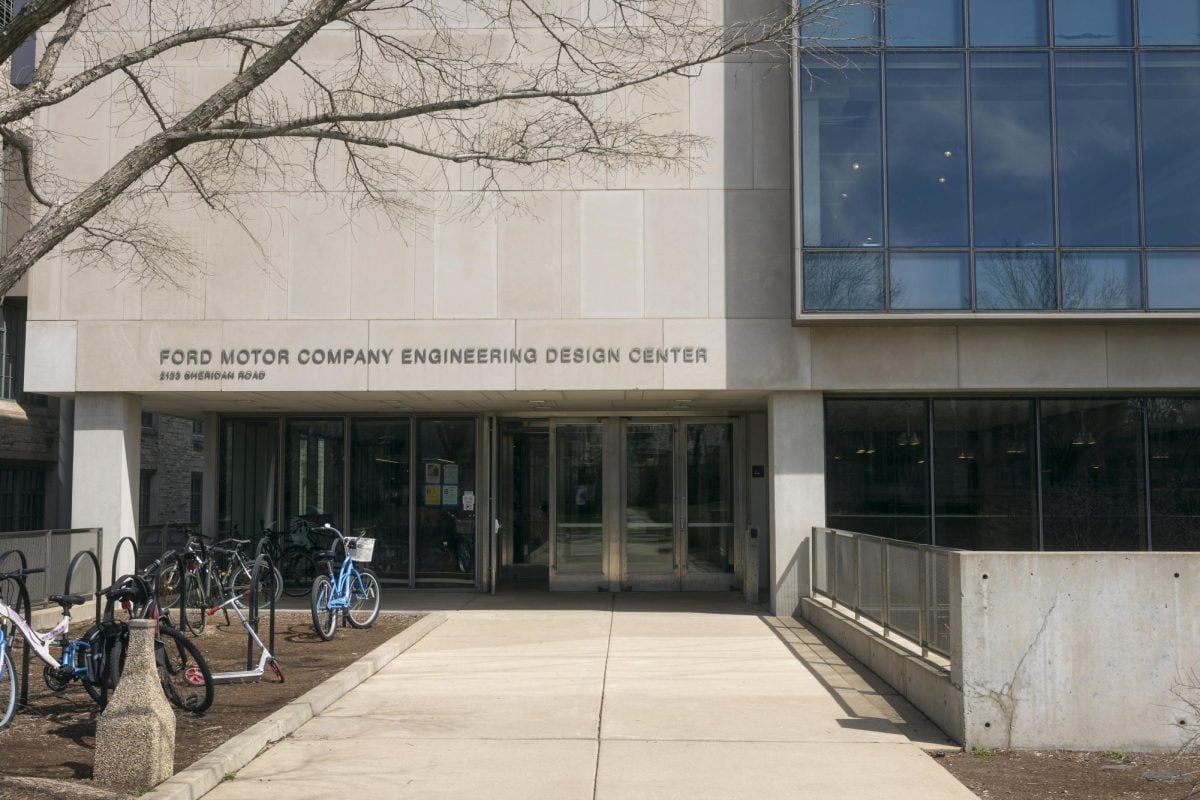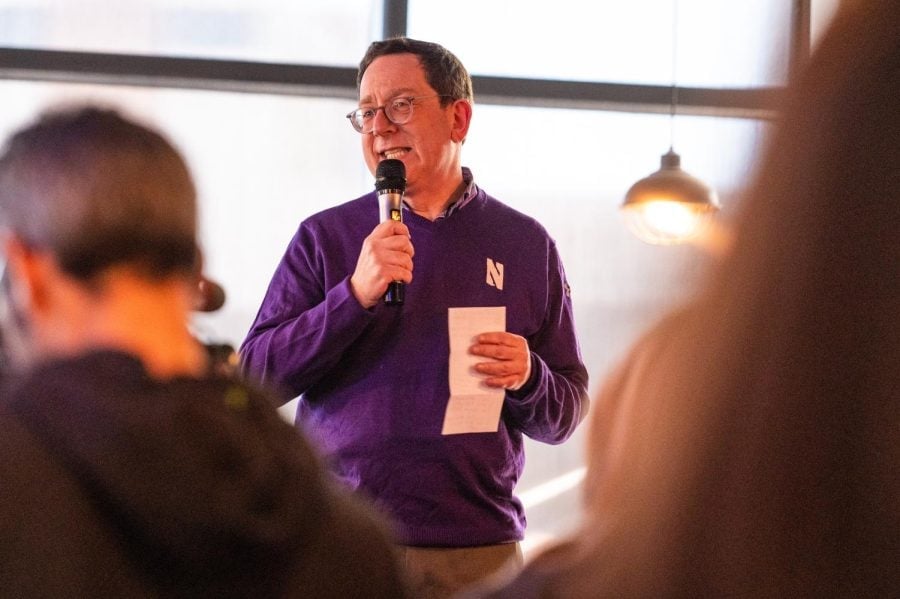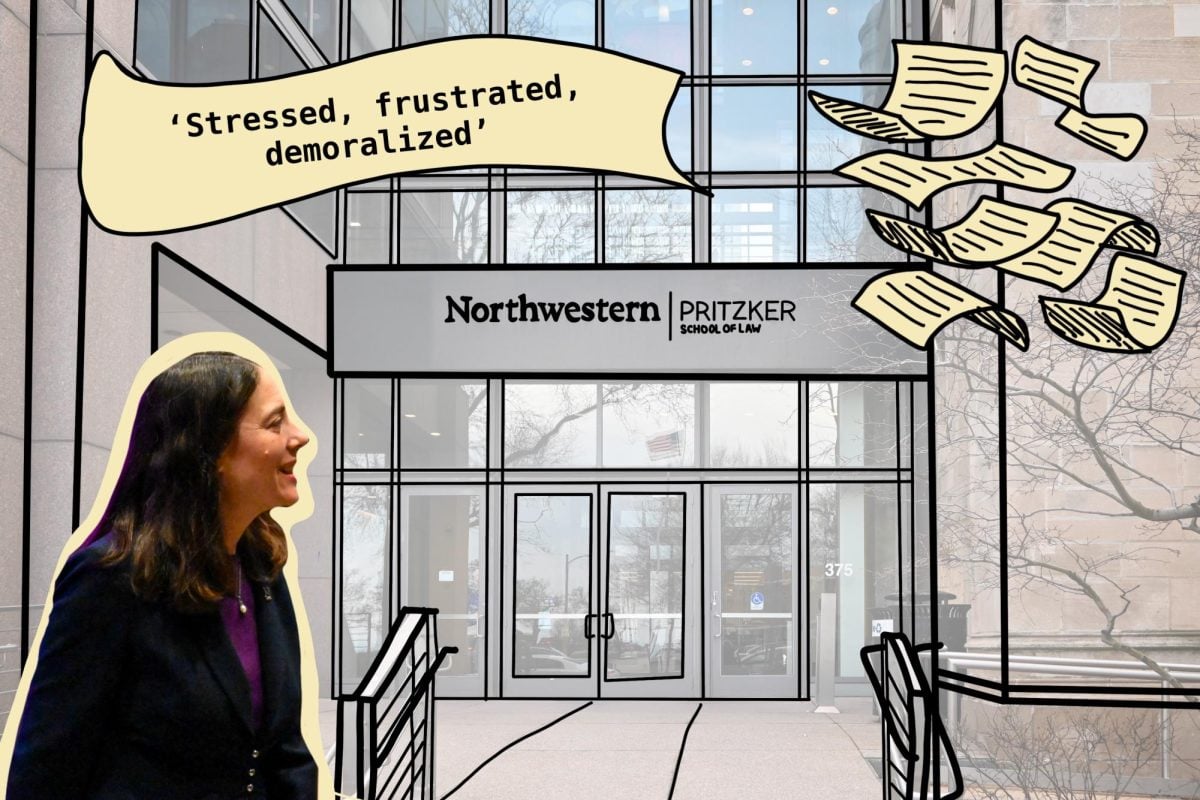A few weeks ago, Weinberg junior Alice Zhang got a concerned call from her mother. A family friend and fellow NU student had gone several days without calling her mother, who was frantically looking for a way to contact her daughter.
“Her mother couldn’t reach her for a couple of days and she was really worried,” Zhang said. “So my mom calls me and she asks me to basically go find her.”
Unable to find contact information for the student’s assigned Community Assistant online, Zhang got the number for the CA on duty from a friend who also lived in Shepard Residential College, 626 University Place.
Her calls went unanswered and her messages were never returned.
“I called several times,” she said. “It was kind of unsettling that it seemed so hard to find the CA that was on duty.”
Though the student was not in danger and was eventually found by a mutual friend, Zhang said the incident highlighted a flaw she saw in the University’s safety and emergency preparedness system: communication.
“In the end she was okay, but I just wish there was information that was readily available not just for me but for parents,” Zhang said. “I was just really surprised how inadequate the website was.”
The University has placed special emphasis on student safety and security in the last five years, said Virginia Koch, associate director of University Residential Life. After students expressed concern about intruders in campus residential buildings, administrators teamed up with University Police to create a plan of action. They created the Community Service Officer program for nighttime security in residence halls and updated alarm systems across campus, locking the side doors of most buildings and installing a closed-circuit television system to monitor main entrances.
In 2008, UP saw one of the first major tests of the revamped system when they arrested Steven Douglas Manning, a 24-year-old Evanston man accused of breaking into Kappa Alpha Theta sorority at 619 University Place and entering students’ rooms while they slept. The incident, the second in which Manning was accused of trespassing on campus, shook many students’ senses of security, but administrators lauded the arrest as evidence that the newly installed safety features were working.
“Clearly what happened … demonstrates that those measures were very helpful,” Al Cubbage, University spokesman, told The Daily after the arrest in 2008. “The fact that UP was able to respond very quickly and catch the alleged offender in the sorority itself is very encouraging.”
Administrators say they have also worked to maintain open lines of communications with parents, both about campus safety and student life in general. The University distributes information mainly via an email listserv which parents can sign up for at any time, and Koch said parents have options if they are concerned about a student’s safety.
“Parents can call the Residential Life office during the day; if it’s in the evening ,we advise parents to call University Police,” she said. “We have two area coordinators on duty 24 hours a day, seven days a week, as long as school as in session.”
Dean of Students Burgwell Howard said the University’s system for handling situations like Zhang’s serves its purpose.
Howard said personal contact information for CAs is not available because the students who fill those positions have other responsibilities. However, parents are urged to contact Residential Life or UP with any concerns, he said.
“We don’t want a parent in California calling at 1 a.m. California time (and disturbing) a student who is trying to sleep or study for an exam,” Howard said. “There’s a protocol for contact.”
Currently, the Office of Orientation & Parent Programs’ website instructs parents to contact Howard or UP concerning campus safety and provides an email address for each.
In extreme cases, a lack of adequate communication has proven disconcerting. Weinberg sophomore Rebecca Quint’s body was found in her room in Foster-Walker Complex in March 2010, three days after she had committed suicide. A concerned friend had alerted Residential Life that they had not seen Quint in several days, and someone from the office found Quint’s body during a room check.
But for the most part, parents say they feel connected to the University through its emails and the information they received during parent orientation programs.
“Northwestern’s been pretty forthcoming,” said Andrea Selonick, whose daughter Anna is a Weinberg freshman. “Every email we’ve gotten since she’s been accepted has said, ‘Call with any questions.'”
But Zhang says incidents like hers show parents need to know whom in particular they should call in case of possible emergencies.
“If an emergency does happen and parents can’t get ahold of their kids, what can they do?” she said.
Sean Cottle, whose son Travis is a McCormick freshman, said he agrees with Zhang despite feeling generally comfortable in his communication with the University.
“We were on campus during orientation and parents had the opportunity to meet with the dean of students … and there were also other opportunities to reach out to and attend meetings with the administration staff,” he said. “(But) I don’t have that information. That’s a good point.”







